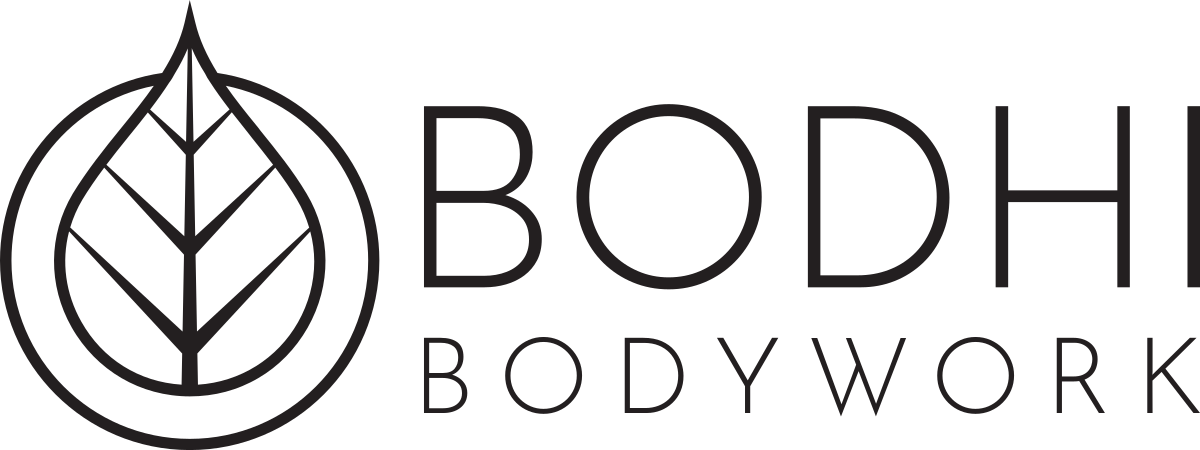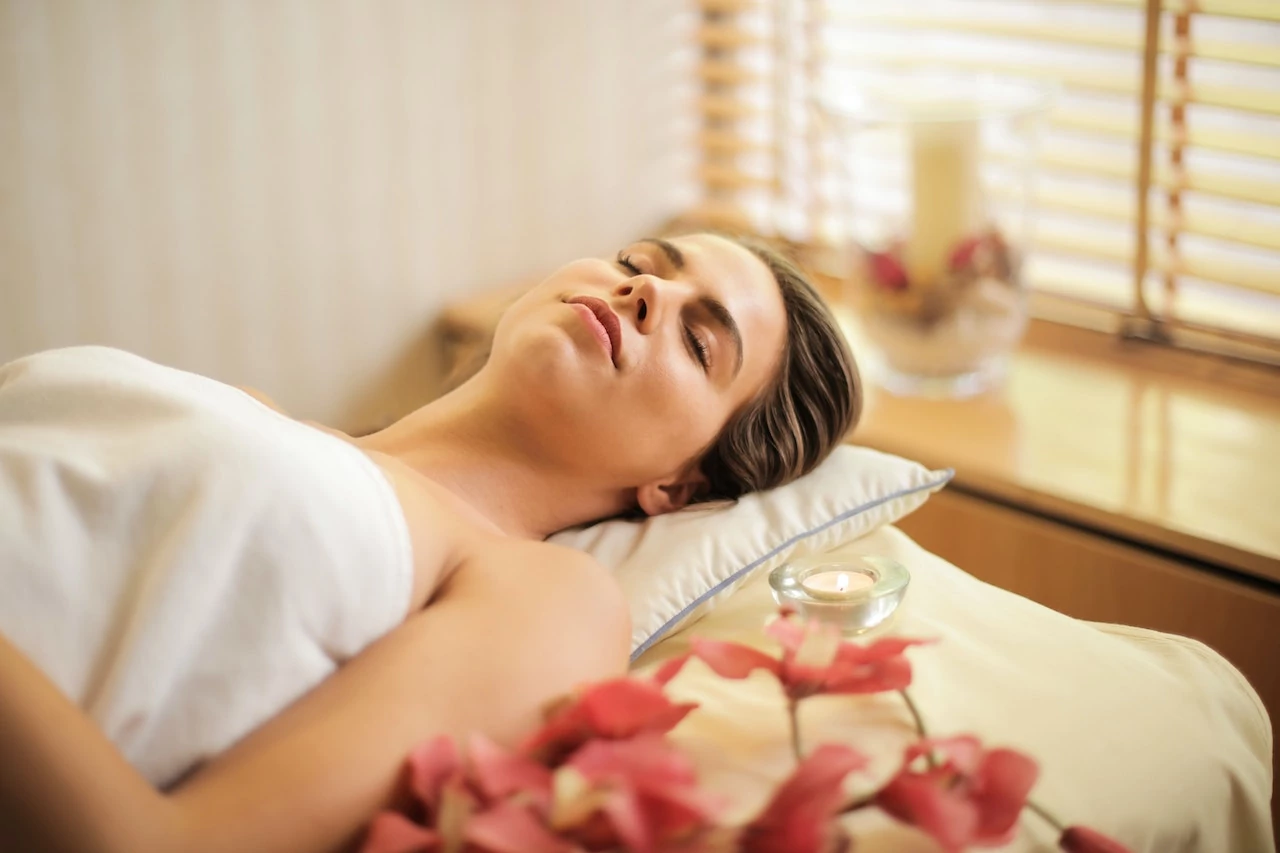Anxiety and depression are common mental health conditions that affect millions of people worldwide.
While medication and therapy are often recommended for managing these conditions, massage therapy is also gaining recognition as a complementary treatment for anxiety and depression.
Massage is used to relax the muscles, reduce tension and improve circulation, reducing stress and anxiety.
It reduces levels of the stress hormone cortisol while increasing levels of feel-good hormones like serotonin and dopamine.
It also helps relieve pain, improve sleep, and promote well-being.
Here are some of the symptoms massage can help with:
Stress Reduction
Stress is a significant contributor to both anxiety and depression, and massage therapy can help to reduce stress levels by promoting relaxation and reducing physical tension.
The gentle touch of a massage therapist can also calm the nervous system, which helps to reduce symptoms of anxiety and depression.
Improved Sleep
Sleep is crucial for good mental health, and many people with anxiety and depression struggle with sleep disturbances.
Massage therapy has been shown to improve sleep quality, helping people with anxiety and depression to get the rest they need to feel better.
Best Types of Massage for Anxiety and Depression
There are several types of massage that are particularly effective for reducing symptoms of anxiety and depression, including:
- Swedish Massage: a gentle, full-body massage that is designed to promote relaxation and reduce stress. The long, sweeping strokes used in Swedish massage can help to calm the nervous system and reduce symptoms of anxiety and depression.
- Deep Tissue Massage: a type of massage that targets the deep tissues of the body, such as the muscles and connective tissues. This type of massage can help to relieve pain and reduce tension, which can be particularly beneficial for people with anxiety and depression.
- Aromatherapy Massage: essential oils are used to promote relaxation and reduce stress. The scent of essential oils has been shown to have a calming effect on the nervous system.
- Thai Massage: an ancient form of massage that involves the use of rhythmic compressions, stretching, and gentle rocking to promote relaxation and stress relief. Pressure is also applied to specific points of the body to release tension and promote a sense of calm.
Massage therapy can be a powerful tool for managing anxiety and depression, offering physical and mental benefits that can help to reduce symptoms and improve overall well-being.
Whether you choose Swedish massage, deep tissue massage, aromatherapy massage, or Thai massage, the right type of massage can help you feel better, reduce stress and improve your mental health.

